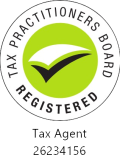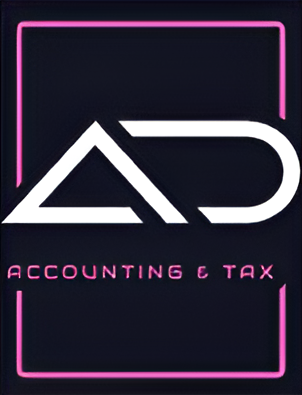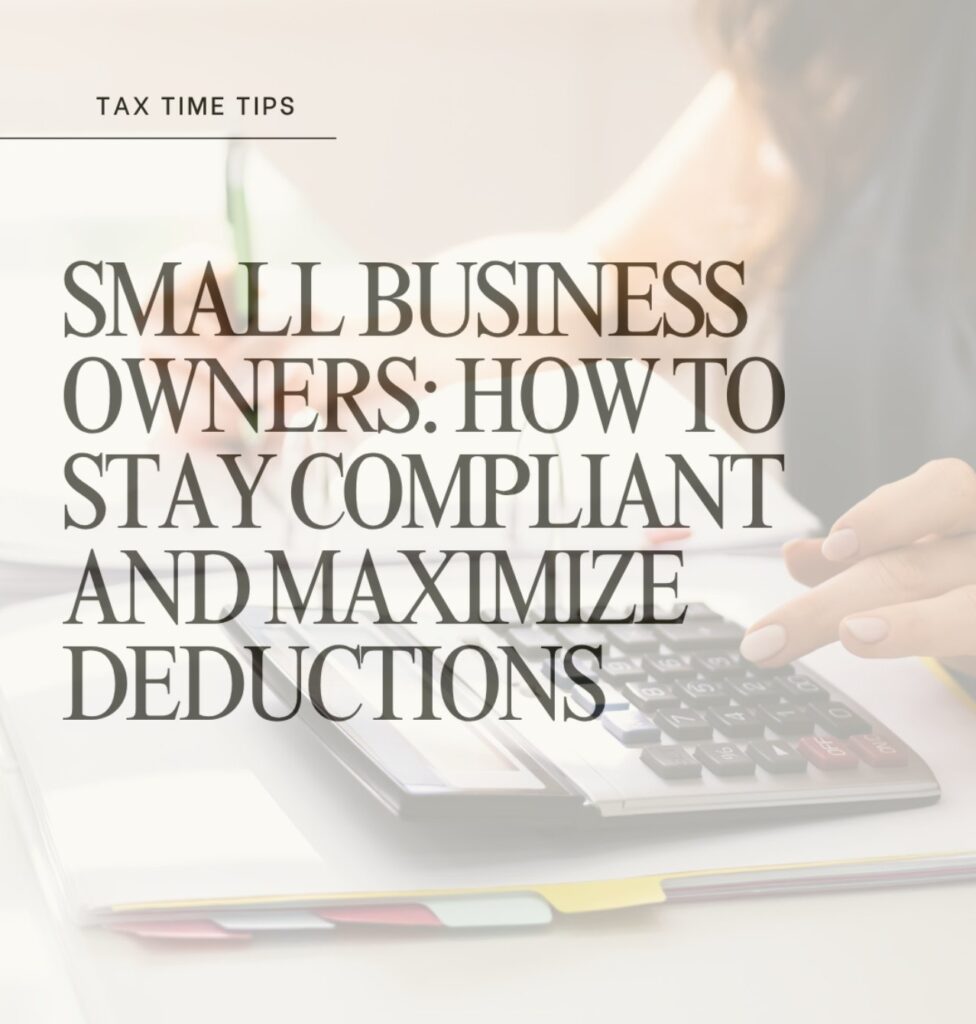
TIP 1: KEEP YOUR RECORDS SPOTLESS
Use Google Drive
Google Drive provides free storage up to a certain limit, which is more than sufficient for organizing digital copies of business receipts. To streamline your record-keeping, you can create a dedicated folder specifically for these receipts. Each time you make a business-related purchase, simply take a quick photo of the receipt and upload it to this folder immediately. This simple habit, which takes just a few seconds, ensures that your records are always up to date. It eliminates the need for physical storage, prevents receipts from fading over time, and helps you stay compliant with minimal effort—removing the hassle of managing paper documents.
TIP 2: MAKE MAXIMUM USE OF YOUR ACCOUNTING SOFTWARE
Use Receipts Sections of Your Software
Leading accounting software such as MYOB, Xero, and QuickBooks offer dedicated folders for uploading digital receipts, making record-keeping more efficient and organized. These platforms also provide mobile applications for both Android and iOS, enabling users to capture and upload receipts directly within the app. By adopting this straightforward process—opening the app, taking a photo, and clicking upload—business owners can effectively safeguard deductible expenses. This not only minimizes the risk of losing receipts or having them fade over time but also ensures compliance with tax obligations throughout the financial year.

TIP 3: KEEP SEPARATE BUSINESS AND PERSONAL BANK ACCOUNTS
Why Separating Business and Personal Finances Matters
Mixing business and personal transactions can lead to compliance challenges and complicate financial tracking. To ensure proper separation, open a dedicated business bank account exclusively for business-related transactions. If you wish to allocate income for personal expenses—such as rent, food, or entertainment—transfer funds to your personal account. Additionally, understanding eligible tax deductions is essential for maximizing financial efficiency. Common deductible expenses include:
- Office rent and utilities
- Marketing and advertising costs
- Business-related travel expenses
- Professional fees, including accounting and legal advisory services
Maintaining structured financial practices not only simplifies tax reporting but also strengthens compliance, ensuring businesses remain financially sound while optimizing tax benefits.

TIP 4: STAY ON TOP OF GST AND PAYG OBLIGATIONS
Stay Compliant: Manage GST and PAYG Responsibilities Effectively
Maintaining compliance is essential for sustaining and growing a successful business. Whether you’re seeking financing or planning for expansion, overdue Business Activity Statements (BAS) and Income Tax Returns (ITRs) can hinder progress and pose significant financial risks. Failure to stay up to date with tax obligations can result in severe consequences, with many businesses facing insolvency due to non-compliance.
To mitigate these risks, businesses earning over $75,000 annually must register for GST and ensure the following responsibilities are met:
- Timely lodgment of Business Activity Statements (BAS)
- Accurate Pay As You Go (PAYG) withholding for employees
- Compliance with superannuation obligations to avoid penalties
Adopting proactive tax management strategies strengthens financial stability, minimizes risks, and supports long-term business success.

TIP 5: PLAN FOR TAX TIME – DON'T LEAVE IT LAST MINUTE
Stay Ahead of Tax Time: Set Aside Funds and Plan Proactively
The GST collected from customers is not business revenue but rather a tax obligation that must be remitted to the government. As a sole trader earning under $100,000 per year, it is advisable to set aside 25% of your income—10% for GST and 15% for income tax—to ensure financial preparedness and avoid unexpected liabilities. Using all invoice funds for personal expenses can lead to cash flow challenges and tax-related stress. To maintain compliance and financial stability:
- Regularly allocate funds for tax obligations throughout the year
- Collaborate with an accountant or tax professional to implement effective tax planning strategies
Proactive financial management reduces last-minute tax burdens and supports long-term business sustainability.

Final Thoughts
Tax compliance doesn’t have to be overwhelming. By maintaining good financial habits and seeking expert advice, small business owners can stay ahead while maximizing tax benefits. Want help implementing a solid tax strategy? Our team specializes in tailored compliance solutions for small businesses—reach out today!


